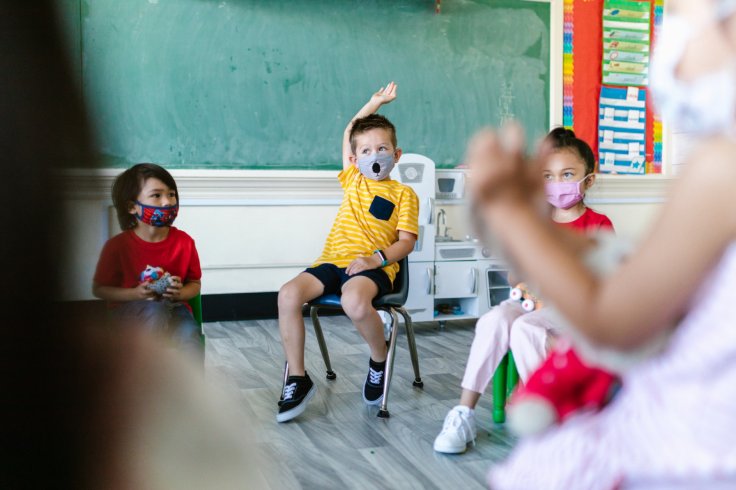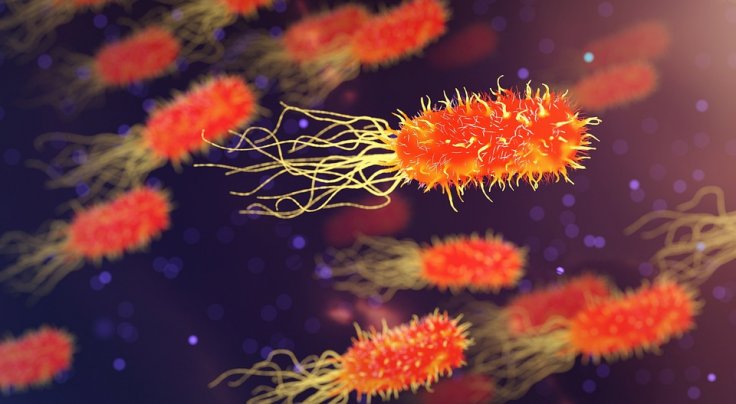A primary school student succumbed to a rare bacteria outbreak at a primary school in Surrey, and a second child is being treated for the same. They were believed to be in the same year group at Ashford Church of England primary school.
The UK Health Security Agency (UKHSA) identified the bacteria as the invasive group A streptococcal infection (iGAS), also known as StrepA. It causes scarlet fever.
A spokesperson for the health agency said specialists are arranging for antibiotics to be offered for pupils and staff at the Surrey school as a precautionary measure. "Sadly, one pupil from Ashford Church of England Primary School has died and another is in hospital, but showing signs of recovery."

What is iGAS?
Group A Streptococcus (GAS), according to the UKHSA, is a bacterium which can affect the throat, skin and anogenital tract. It causes a range of skin, soft tissue, and respiratory tract infections such as tonsillitis, pharyngitis, cellulitis, scarlet fever and pneumonia among others.
Invasive GAS (iGAS) infection is whereby the bacteria is isolated from a normally sterile body site, such as the blood. GAS is spread through respiratory droplets and direct skin contact. It can also be transmitted environmentally through contact with contaminated objects like towels or bedding, or ingestion of food inoculated by a carrier.
Precautionary Measures Taken
Dr Claire Winslade, health protection consultant at UKHSA, said they are extremely saddened to hear about the death of a pupil.

"As a precautionary measure, we have recommended antibiotics to pupils and staff in the same year groups as the individuals affected. We have provided advice to the school to help prevent further cases and will continue to monitor the situation," she said. "Information has been shared with parents about the signs and symptoms of iGAS, which include high fever with severe muscle aches, pain in one area of the body and unexplained vomiting or diarrhoea."
The expert urged people with these symptoms to call NHS11 immediately.









